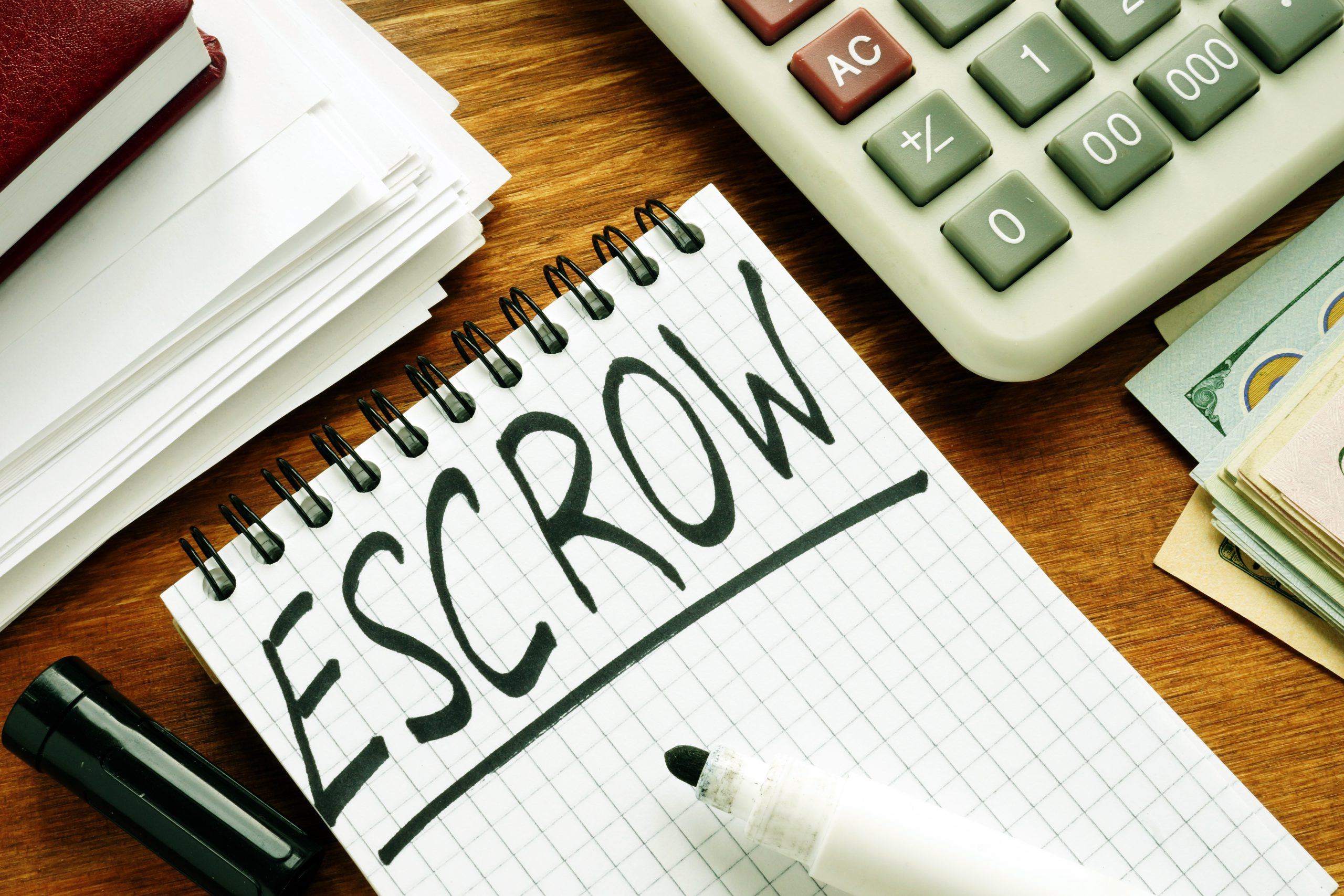
You’ll often see sign boards outside homes that state the property is “in escrow”, but what does that actually mean?
It means the house is not sold, but a deposit has been taken and a deal is in its final stages.
A deposit is known as “earnest money” and represents a small percentage of the asking price.
Of course, a deal is never done until the ink is on the contract. So, if you’ve found your dream home but you learn that it’s already in escrow, there’s no harm in expressing your interest with the agent.
Problems can occur even at this late stage of the transaction. They include issues with a final inspection, the lender offering a low appraisal of the home’s value, or the buyer’s financing arrangements falling through.
The majority of transactions at the escrow stage go smoothly, however. Escrow is designed to ensure the transaction is finalised before the buyer pays the seller in full.
A buyer appoints a neutral escrow agent who handles the money and arbitrates any argument that might involve the refunding of money.
The bottom line is, the escrow agent makes sure the deal is clean with the buyer paying what they’re due at the appropriate time.
Confusion with the word often arises because it’s used in different contexts. For example, an “escrow account” is used by homeowners to pay off property taxes and insurance through their monthly mortgage payments.
Lenders are allowed under law to collect these costs as part of the repayment schedule.
Linked to this is the phrase “escrow shortage”. This refers to an owner having insufficient funds in their escrow account to meet the tax bill. Typically, you can readjust your mortgage to pay this off across the following 12 months.
Here are five common questions about a property in “escrow”.
Who initiates the process? – Typically, a buyer will appoint an escrow agent.
What does an escrow agent do? – They are independent of the buyer and seller. They hold monies, such as a deposit, while the transaction proceeds. In the event of a problem, such as undiscovered issues with the building, they will issue a refund.
What’s “earnest money”? – This is jargon for the deposit – held by the escrow agent – which the prospective buyer has paid to secure the house. Usually, it’s 3-5% of the agreed price. A buyer needs a legitimate reason to pull out of the sale, or they risk losing their deposit. Effectively, the system prevents someone mischievously paying a deposit, taking the home off the market and then backing out without cause.
How long is a home in escrow? – Usually 30 days, but a buyer and seller can negotiate a longer period if the buyer wants additional time to sell their own home.
When does an escrow end? – When all legal papers are signed, the property deed is put into the buyer’s name and sent for registration with the local authority. At this point, the deposit and additional funds are paid to the seller. The buyer can then move in.
